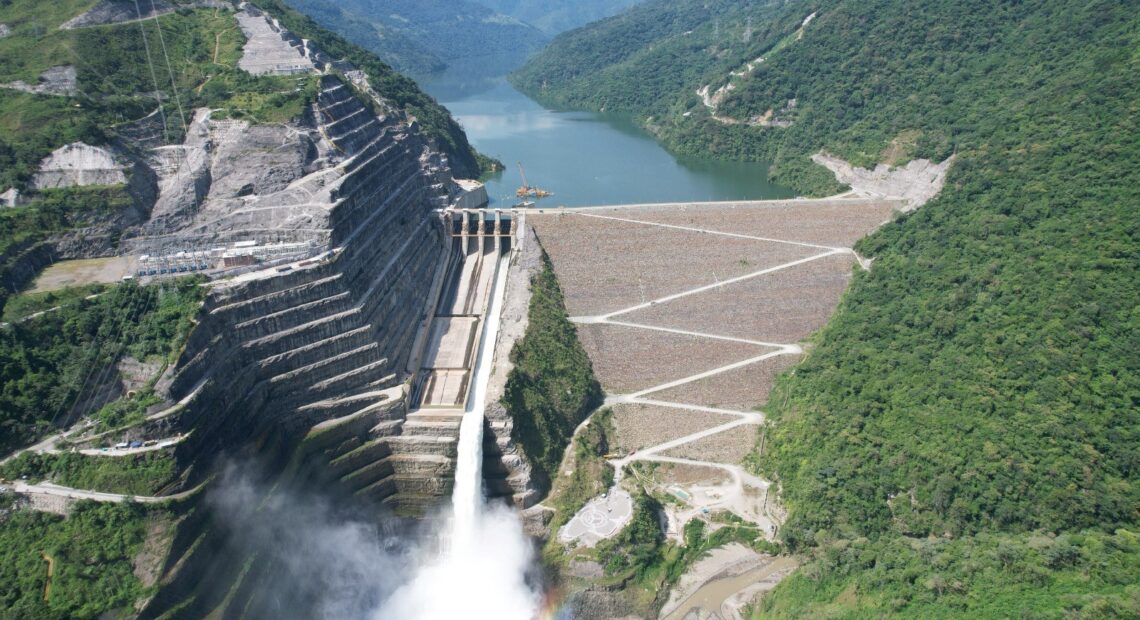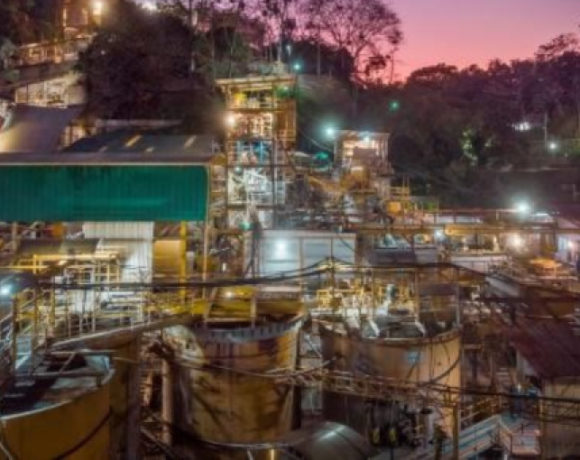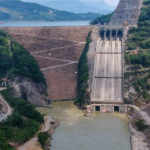EPM Hidroituango Bid-Completion Analysis Favors Most-Expensive Option, Raises Suspicions

Medellin-based electric power giant EPM on September 10 publicly revealed its internal analysis of several competing bids aiming for completion of the US$5 billion, 2.4-gigawatt Hidroituango hydroelectric project here in Antioquia.
Ironically, EPM eliminated two bidders — Todini Costruzioni Generali S.P.A. and China Gezhouba Group Company Limited — who demonstrated greater relevant experience and also offered lower prices than a competing bid from China-based Yellow River Co. Ltd. (Colombia branch), and its Colombia-based partner Schrader Camargo S.A.S.
Those two companies – Yellow River and Schrader Camargo — together form a bidding consortium abbreviated as “Consorcio CyS.”
Given EPM’s elimination of competing bidders, this leaves Consorcio CyS alone in the driver’s seat for eventual awarding of a bid carrying CyS’s quoted price-tag of COP$1.1 trillion (US$276 million) — higher than the COP$932 billion (US$234 million) bid from China Gezhouba or the COP$917 billion (US$230 million) bid from Todini.
Two of Hidroituango’s previous, original construction contractors – Coninsa Ramon H. and Constructora Conconcreto S.A. – decided to pass on bidding for this latest round, according to the EPM report.
Both of those Colombian companies (Coninsa and Conconcreto) – among the nation’s most-experienced construction contractors — earlier were victims of demagogic attacks from Medellin’s corruption-scandal-plagued Mayor Daniel Quintero.
Quintero – not an engineer, nor knowledgeable of hydroelectric dam projects — had publicly blamed those companies for a 2018 diversion-tunnel collapse at Hidroituango, which in fact wasn’t their fault, according to an exhaustive engineering study by Pöyry Consultants.
Suspicions arise that Mayor Quintero has been pressuring EPM — 100% owned by the city of Medellin — to steer new Hidroituango contracts to bidders that might repay the favor for Quintero’s future political ambitions.
In line with that suspicion, EPM has curiously amended the bidding contract specifications in what could appear as favoritism to CyS — and disfavor to competitors.
Meanwhile, EPM announced two weeks ago that it has recovered a previously-undisclosed total of US$983.8 million in insurance payments for damages and delays caused by that tunnel collapse at Hidroituango five years ago.
Thanks to that payment, and with required funding in place, EPM now expects all eight Hidroituango power turbines to be in operation by mid-2027, enabling 2.4-gigawatts of electric output.
The first two power turbine units (totalling 600-megawatts) went into service last year, while the next two are due for start-up later this year, which will enable a total of 1.2-gigawatts of power output.
To reach the full 2.4-gigawatts capacity, construction works for power turbines numbered five, six, seven and eight remain to be completed, under the new, pending contract.
EPM claims it rejected the bid by competitor China Gezhouba Group for “not complying with the participation requirement” for “seriousness of the offer” including “guarantee of performance of the contract.”
China Gezhouba Group also supposedly “does not meet the minimum score required in the request for offer (70 points) on average for the years 2021 and 2022, in accordance with the provisions of financial requirement of the particular conditions,” according to EPM.
As for the competing bid from Todini Costruzioni Generali, “although [Todini] presented a bank guarantee issued by a foreign bank, it does not comply with the provisions of section 5.6.2. — conditions of guarantees issued by banking entities — which indicates, ‘when guarantees are issued by a foreign bank, they must be confirmed by a banking establishment in Colombia,’” according to EPM.
However, “EPM, after making direct inquiries to the World Bank, confirmed the ‘coincidence of the third party [that is, the foreign bank] being reported in the World Bank [problematic] list considered as grounds for eliminating the proposal,” according to EPM.
















